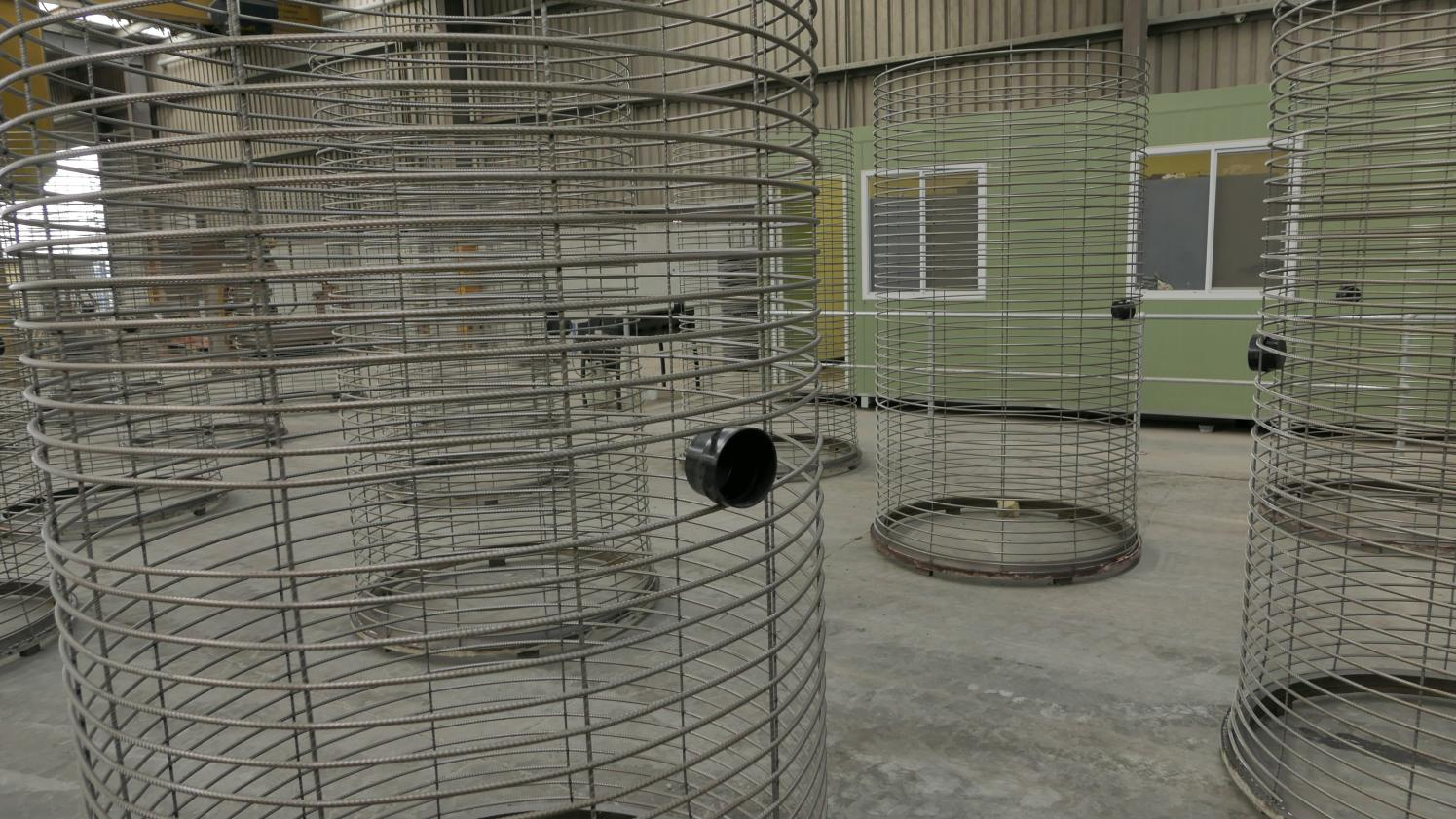Aug . 31, 2024 01:38 Back to list
Aluminum Die Cast Alloys - Advantages, Applications & Properties
Understanding Aluminum Die Cast Alloys
Aluminum die cast alloys are essential materials in modern manufacturing, widely recognized for their excellent mechanical properties, precision casting capabilities, and versatility in various applications. The die casting process involves forcing molten aluminum into a mold under high pressure, resulting in complex shapes with outstanding surface finishes and dimensional accuracy. This technique is predominantly used in industries such as automotive, aerospace, electronics, and consumer goods due to aluminum's favorable characteristics.
One of the key advantages of aluminum die cast alloys is their lightweight nature, which reduces the overall weight of the final products while maintaining structural integrity
. This is particularly important in the automotive industry, where reducing vehicle weight can lead to increased fuel efficiency and lower emissions. Additionally, aluminum alloys possess excellent thermal conductivity, making them ideal for applications requiring efficient heat dissipation, such as in electronic housings and heat sinks.Aluminum die cast alloys are categorized into different series based on their composition. The most commonly used alloys include the die cast alloys, such as the A380, A383, and A384. These alloys typically consist of aluminum, silicon, copper, magnesium, and zinc, each contributing to the overall strength, corrosion resistance, and thermal properties of the material. For instance, the A380 alloy is renowned for its good fluidity, strength, and roughness, making it a preferred choice for casting complex shapes.
aluminum die cast alloys

Another significant benefit of aluminum die cast alloys is their resistance to corrosion. When exposed to moisture and other environmental elements, aluminum naturally forms a protective oxide layer that helps prevent further degradation. This characteristic is particularly appealing for products used in outdoor environments or in applications requiring longevity.
Furthermore, the die casting process is highly efficient, allowing for mass production of parts with minimal waste. The reusability of aluminum also adds to its sustainability value, as scrap generated during the manufacturing process can be recycled and repurposed without significant loss of quality.
In conclusion, aluminum die cast alloys represent a crucial component in contemporary manufacturing, offering a unique combination of lightness, strength, and versatility. As industries continue to evolve, the demand for high-performance materials like aluminum die cast alloys will likely grow, driving innovations in both alloy formulations and casting technologies. Whether in automotive design or electronic components, these alloys will remain at the forefront of engineering solutions, providing reliable performance and contributing to advancements in various sectors.
-
Centrifugally Cast Iron Water Main Pipe | Ductile Iron Solutions
NewsAug.24,2025
-
Durable Cast Steel Concrete Pipe Mold Bottom Rings & Base Trays
NewsAug.23,2025
-
Centrifugally Cast Iron Water Main Pipe for Reliable Mains
NewsAug.22,2025
-
Durable Centrifugally Cast Iron Water Main Pipe
NewsAug.11,2025
-
Centrifugally Cast Iron Water Main Pipes for Reliability
NewsAug.10,2025
-
High-Quality Centrifugally Cast Iron Water Main Pipes
NewsAug.09,2025


